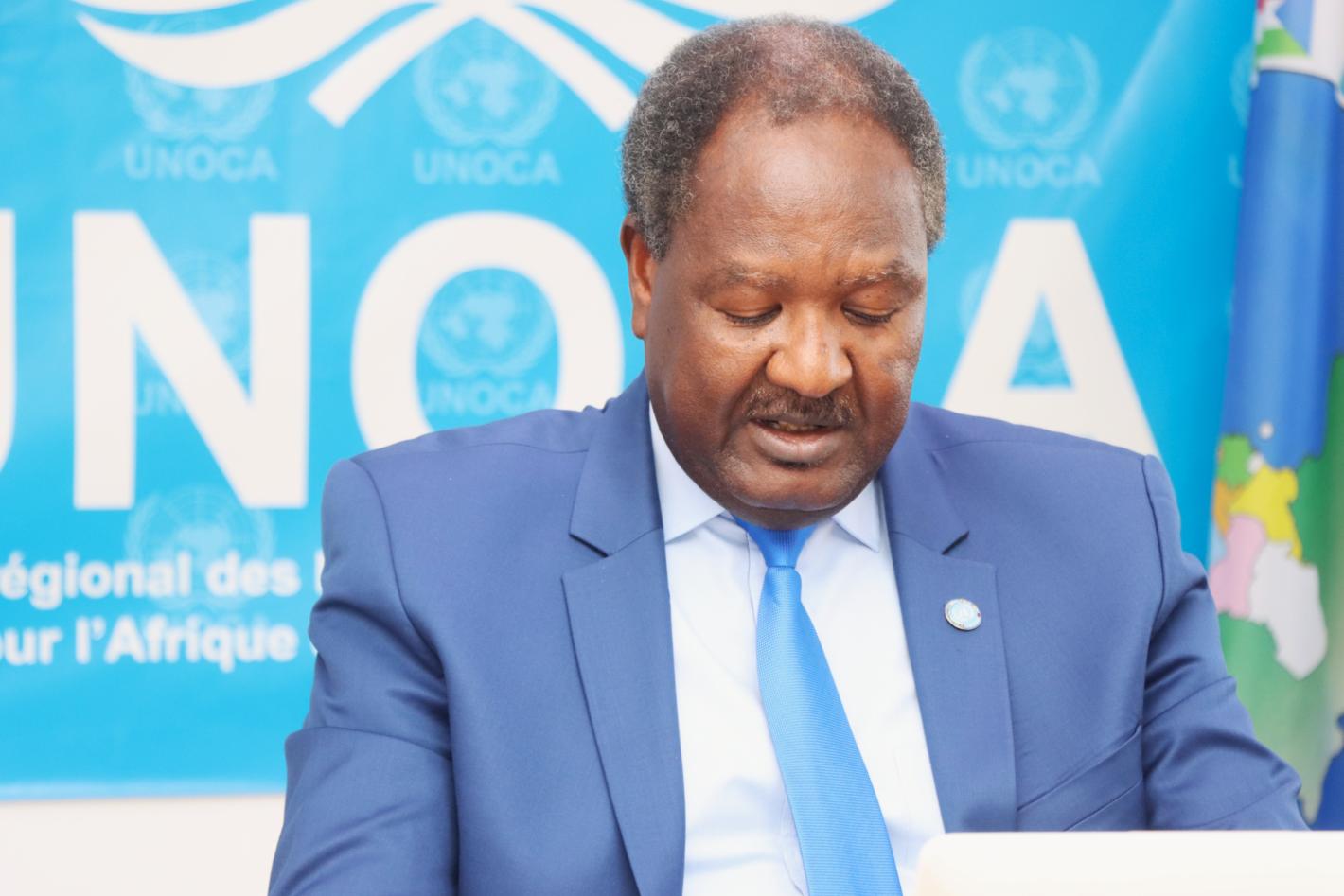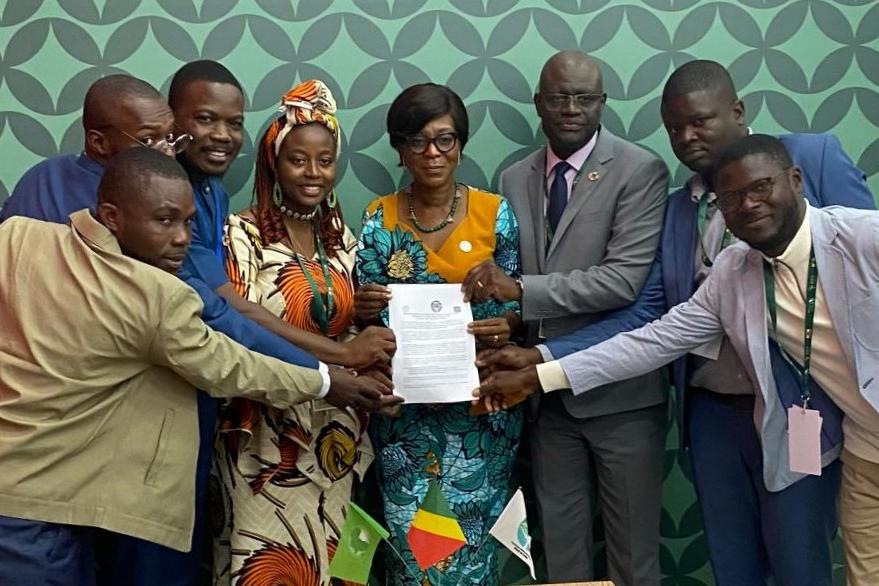Meeting in Entebbe to discuss priorities and implementation
The United Nations Regional Office for Central Africa (UNOCA) organizes, from 11 to 12 February in Entebbe (Uganda), a meeting to evaluate and discuss priorities in the implementation of the regional strategy to fight against the Lord's Resistance Army (LRA) that was adopted in June 2012 by the UN Security Council. In the Presidential Statement of 19 December 2012, the executive body of the UN invites the Secretary-General to present, by 28 February, a roadmap in this regard. The programmatic document should take into account a clear division of labour between all parts of the international system as well as UN organizations.
One of the main stakes of the Entebbe meeting is to mobilize answers to these concerns. Experts from the United Nations and African Union (AU) as well as all other stakeholders, including representatives of non-governmental organizations are invited to the meeting, which will be co-chaired by Mr. Abou Moussa and Mr. Francisco Madeira, respectively Special Representative of the UN Secretary-General and Head of UNOCA, and AU Special Envoy for the LRA.
Participants will work in groups. They will treat and exchange on specific issues already discussed during their first encounter from 25 to 27 July 2012 in Entebbe : efforts to promote defections and to protect civilians; expansion of disarmament, demobilization, repatriation, resettlement and reintegration (DDRRR) activities to cover all LRA-affected areas; formulation of a coordinated humanitarian response to secure victims (refugees and internally displaced persons) in all LRA-affected areas and supporting LRA-affected Governments in the fields of peacebuilding, human rights, rule of law and development.
Operationalization of the Regional Task Force
There is also the crucial issue of support for the operationalization of the AU-Led Regional Cooperative Initiative for the elimination of the LRA (RCI-LRA) whose military component, the Regional Task Force (RTF), currently consists of 2,850 soldiers provided by Uganda (2000), South Sudan (500) and the Central African Republic (350). The AU needs a maximum of 5,000 men and women for this operation.
At the ministerial meeting of the Joint Coordination Mechanism (JCM) on 15 January 2013 in Addis Ababa (Ethiopia), the Deputy Prime Minister for Defense and Veterans Affairs of the Democratic Republic of Congo, Mr. Alexandre Luba Ntambo, indicated that in a near future, his country will also contribute 500 soldiers. South Sudan had meanwhile announced 500 additional troops. This effort should be accompanied by adequate resources, given the challenges faced by some countries. The meeting of Entebbe will discuss this aspect with, in perspective, the option of a fundraising campaign.
Despite the gradual reduction of its number due to defections, capture or death of some of its elements, the LRA is still very dangerous. The humanitarian situation of refugees and IDPs fleeing insecurity caused by the armed group is maddening. In its third report on the activities of UNOCA, the UN Secretary-General mentioned that about 443,000 people were displaced from their homes in areas affected by the LRA. "Many of them depend on international assistance for food, shelter, health care, as well as access to water and sanitation," says the Report presented on 18 December 2012 to the Security Council by the Special Representative for Central Africa.
Putting an end to LRA atrocities remains a top priority of the United Nations, which, along with other partners, will continue to support the efforts of the African Union in the fight against this armed group .




